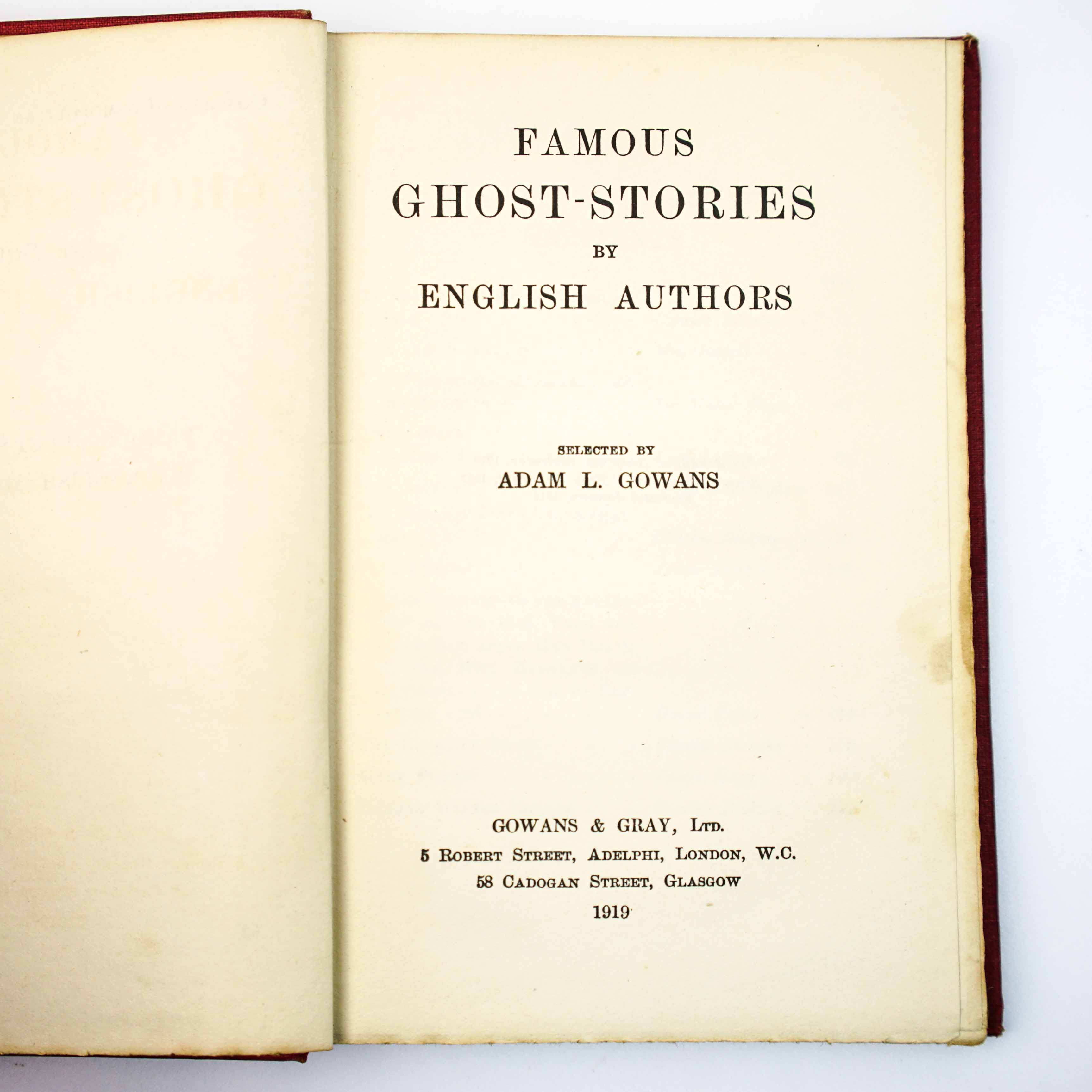

Tiresias appears to Ulysses during the sacrifice (between 1780 and 1785) by Johann Heinrich Fuessli (Henry Fuseli)
Public domain, via Wikimedia Commons
 Elegant Nightmares : the English ghost story from Le Fanu to Blackwood
by
Elegant Nightmares : the English ghost story from Le Fanu to Blackwood
by
See also: "The American Ghost Story" by Jeffrey Andrew Weinstock in A Companion to the American Short Story edited by Alfred Benedixen and James Nagel (2020).
 Famous ghost-stories by English authors
by
Famous ghost-stories by English authors
by
 The Complete Ghost Stories of Charles Dickens
by
The Complete Ghost Stories of Charles Dickens
by
 The ghostly tales of Henry James
by
The ghostly tales of Henry James
by
This work is licensed under CC BY-NC-SA 4.0